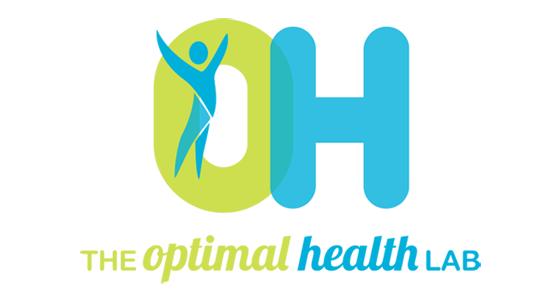COVID-19 is a contagious illness caused by the SARS-CoV-2 virus. It primarily affects the respiratory system, leading to symptoms such as fever, cough, and difficulty breathing. The virus spreads mainly through respiratory droplets when an infected person coughs, sneezes, or talks, and can also spread by touching surfaces or objects contaminated with the virus and then touching the face.
COVID-19 can range from mild to severe, with some individuals not showing any symptoms at all. However, certain groups, such as older adults and people with underlying health conditions, are at a higher risk of developing serious complications.
When returning to exercise after having COVID-19, it's essential to approach the process with caution and consideration for your body's recovery. Before resuming any exercise routine, consult with a physiotherapist. They can assess your specific situation, monitor your recovery progress, and provide personalized recommendations.
Start slowly with low-intensity activities and gradually increase the intensity and duration as your body allows. This helps prevent overexertion and reduces the risk of setbacks. Pay close attention to how your body responds to exercise. If you experience unusual fatigue, shortness of breath, chest pain, or any other concerning symptoms, stop exercising immediately and seek medical advice.
Initially, focus on gentle aerobic exercises like walking, stationary cycling, or swimming. These activities can help improve cardiovascular fitness without putting excessive strain on your body. Incorporate stretching and flexibility exercises to improve flexibility, reduce muscle tension, and enhance blood flow to aid in your recovery process.
Avoid high-intensity workouts, vigorous weightlifting, or intense cardio workouts until you have regained your strength and stamina. Adequate hydration is crucial during recovery, so drink plenty of water before, during, and after exercise. Give your body ample time to rest and recover between exercise sessions, as overtraining can hinder your recovery process.
Follow public health guidelines and keep abreast of any specific recommendations for exercising after COVID-19 from reputable health authorities. One of the biggest risks of pushing too hard too soon can be progressing to having long COVID. Recovery is a gradual process, so be patient with yourself and celebrate small victories along the way.
Remember, every individual's recovery journey is unique, and it's essential to approach your return to exercise with caution and attentiveness to your body's signals. Always prioritize your health and well-being throughout the process.
If you are having problems with or worried about recovering from COVID don’t delay in consulting with an expert physiotherapist at OHL to guide your recovery in a safe and sustainable way. You can book via 9431 5955 or via our Client Portal on our website!
